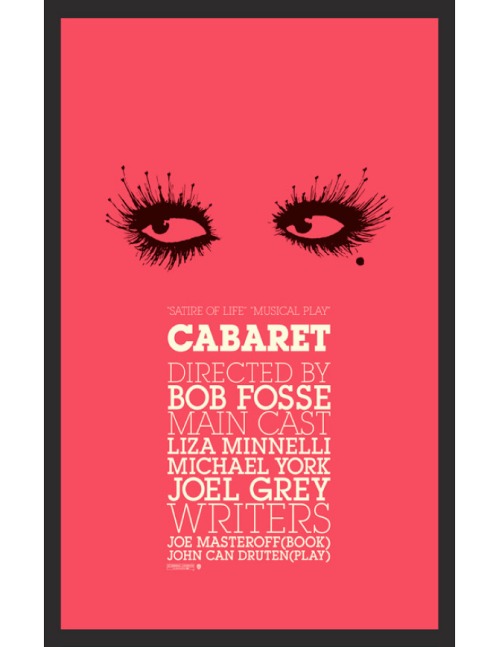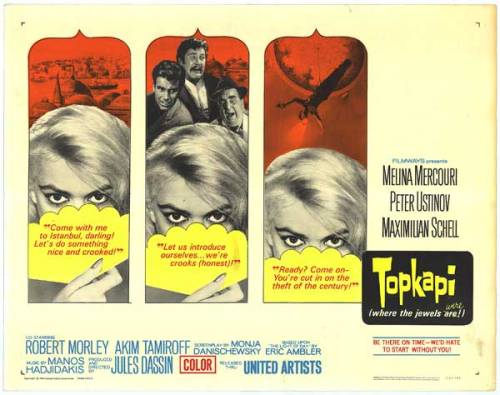By Richard Winters
My Rating: 5 out of 10
4-Word Review: Rich drunk grows up.
Arthur (Dudley Moore) is an alcoholic man-child and heir to a vast family fortune, but only if he agrees to marry Susan (Jill Eikenberry), which his rich father (Thomas Barbour) pressures him to do. Arthur does not love Susan and instead falls for commoner Linda (Liza Minnelli) who works as a waitress and shares a lifestyle that is completely different from his. Hobson (John Gielgud) is Arthur’s lifelong butler who is suffering from an undisclosed illness and expects not to be around much longer, so he thinks Arthur should get married, so he’ll have a wife to look after him once Hobson is gone.
This film was a box office success, but I failed to see what was so great about it when I first watched it decades ago and remain mystified after now seeing it again many years later. The film’s garbled message remains one of the biggest problems particularly the broad caricatures of all the rich people in Arthur’s life who seem stuck in some bygone era. The movie spends half the time mocking them, but then conveys the idea that true happiness can only come from becoming just like them. The benefits of being in the working class are never touched on and instead everything gets portrayed in a shallow, simplistic manner that lacks any true bearing in reality.
I was also surprised as to why Liza Minnelli’s character had to steal a tie at a men’s clothing store, which is where she first meets Arthur, as she really didn’t seem all that bad off. Sure she wasn’t living in the ritziest part of town, but she was far from being homeless. Her apartment that she shared with her father, played by Barney Martin, was roomy and adequately furnished. She also had a job and not in any way desperate and yet the movie spins it like she is, which shows that the filmmakers didn’t have any idea of what being truly poor is really like.
The dumb arranged marriage plotline has no connection to modern society and today mostly only occurs in south Asia, so why enter in an element in a supposedly ‘realistic’ comedy that doesn’t happen to regular people? It is also confusing exactly why Arthur’s father wants him to marry Susan. Supposedly it is so she’ll get him to ‘grow up’ or ‘make something of him’, which is hard to understand since she comes off as a wide-eyed dippy that is just as immature as he is if not worse.
A more interesting plot would’ve had Arthur lose his fortune and forced him to get a real job and deal with harsh realities that he had never had to face before. This would allow for a stronger character arch as well as some incisive social commentary. He also could’ve meet Linda while working a remedial job instead of the awkward forced way that he meets her here.
Gielgud’s quips are the best thing about the movie, but everything else is pretty limp. I have never seen the 2008 reboot starring Russell Brand, but after reading that film’s plot synopsis I think it’s an improvement as they seemed to have filled in the logic loopholes as to why Arthur was forced into an arranged marriage, which alone makes that superior to this one.
My Rating: 5 out of 10
Released: July 17, 1981
Runtime: 1Hour 37Minutes
Rated PG
Director: Steve Gordon
Studio: Orion Pictures
Available: DVD, Amazon Video, YouTube












